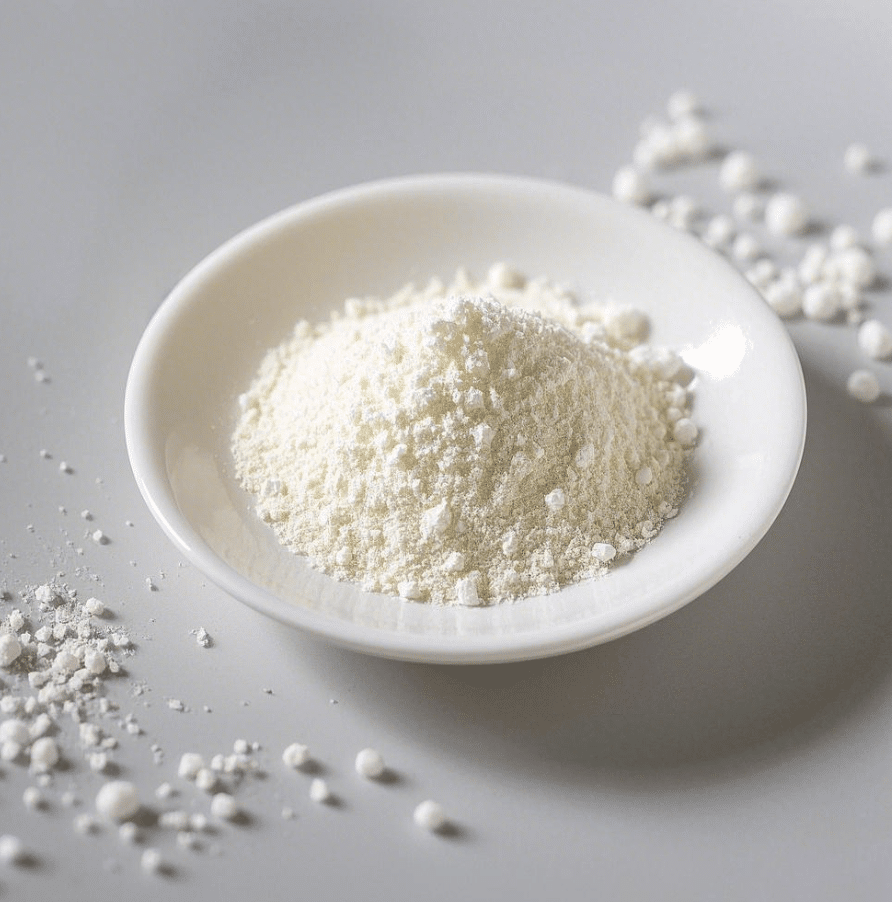
vitamin a acetate powder
Vitamin A Acetate is a synthetic form of vitamin A, also known as retinol acetate, widely recognized for its crucial role in maintaining various bodily functions. This fat-soluble vitamin is vital for healthy vision, particularly in low light conditions, and plays a significant role in supporting the immune system. Furthermore, vitamin A acetate benefits skin health by promoting cell turnover and contributing to a radiant complexion. It is also essential for proper growth and development, making it a valuable ingredient in nutritional supplements, fortified foods, and cosmetic formulations. Its stability and effectiveness make it a preferred choice for product development aiming to deliver the advantages of vitamin A.
Please note: We are a wholesale supplier and have minimum order quantities.
Have questions about this product? Our team is here to help. For inquiries about multiple ingredients, please use the Contact Us option and include the list of ingredients in your message.
- CAS No.: 127-47-9
- Chemical Name: Retinyl acetate
- Synonyms: Retinol acetate; Vitamin A alcohol acetate; Acetate vitamin A
- CB Number: CB9194212
- Molecular Formula: C22H32O2
- Molecular Weight: 328.49 g/mol
- MDL Number: MFCD00008064
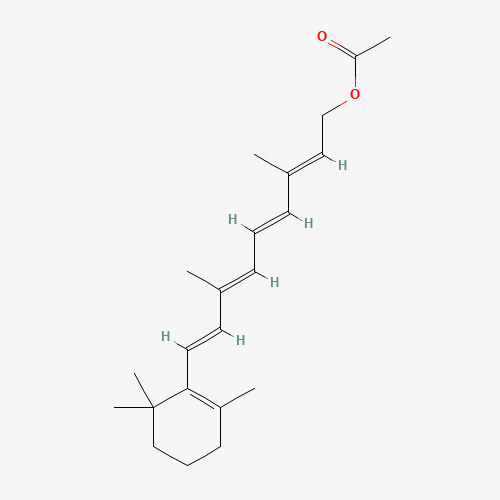
Vitamin A Acetate Manufacturing Process
Raw Material Preparation
Initial preparation and purification of key precursor compounds, primarily beta-ionone, which serves as the starting material for vitamin A acetate synthesis. This involves ensuring high purity to optimize subsequent reaction yields.
Multi-step Synthesis
A complex multi-step chemical synthesis process involving several intermediate reactions. This typically includes chain elongation and modifications to build the vitamin A molecular structure from beta-ionone derivatives. Each step is carefully controlled for temperature, pressure, and catalyst presence.
Esterification
The synthesized vitamin A alcohol (retinol) is then reacted with acetic anhydride or acetic acid to form the acetate ester. This esterification step stabilizes the vitamin A molecule and is crucial for producing vitamin A acetate powder with desired properties.
Purification and Crystallization
Extensive purification stages follow, including extraction, washing, and crystallization to remove impurities and by-products. This ensures the high purity and potency of the vitamin A acetate. Controlled crystallization yields a consistent powder form.
Drying and Milling
The purified vitamin A acetate crystals are carefully dried to remove residual solvents. Subsequently, the dried product is milled to achieve a fine, uniform powder consistency, suitable for various applications and ensuring optimal dispersion.
Quality Control and Packaging
The final vitamin A acetate powder undergoes rigorous quality control testing for purity, potency, stability, and other specifications. Once approved, it is carefully packaged in airtight containers to protect its integrity and extend shelf life before distribution.
Why Choose Gensei as Your Vitamin A Acetate Supplier?
Choosing Gensei as your vitamin A acetate supplier means partnering with a leader committed to delivering exceptional quality and reliability. We understand the critical role of vitamin A acetate powder in various industries and offer a product that consistently meets stringent purity and potency standards. Our manufacturing process for vitamin A acetate is optimized for efficiency and consistency, ensuring you receive a premium ingredient with all its essential vitamin A acetate benefits. We pride ourselves on our robust supply chain, providing a seamless experience from order to delivery. With Gensei, you gain a partner dedicated to your success, offering expert support and a product you can trust to enhance your formulations and deliver maximum vitamin A acetate benefits.
Features and Benefits
- High Purity and Potency: Our vitamin A acetate powder is manufactured to ensure maximum purity and consistent potency, providing reliable delivery of vitamin A benefits.
- Excellent Stability: As an ester form of vitamin A, vitamin A acetate offers enhanced stability compared to retinol, making it more resistant to oxidation and degradation.
- Fat-Soluble: Its fat-soluble nature facilitates incorporation into various lipid-based formulations and improves absorption in the body.
- Versatile Form: Available as a finely milled powder, allowing for easy dispersion and integration into a wide range of product formulations.
- Cost-Effective: A stable and efficient form of vitamin A, offering a cost-effective solution for delivering essential vitamin A acetate benefits.
Application Scenarios of Vitamin A Acetate:
- Dietary Supplements: Widely used in multivitamin and single-nutrient supplements to support vision, immune function, and overall health, providing direct vitamin A acetate benefits.
- Fortified Foods: Incorporated into dairy products, cereals, and baked goods to enhance their nutritional profile and address vitamin A deficiencies.
- Cosmetics and Skincare: A key ingredient in anti-aging creams, serums, and lotions due to its role in promoting skin cell turnover and improving skin appearance, offering significant vitamin A acetate benefits.
- Pharmaceuticals: Utilized in certain pharmaceutical formulations for specific therapeutic applications related to vitamin A deficiency or skin conditions.
- Animal Nutrition: Added to animal feed formulations to ensure adequate vitamin A intake for livestock and pets, supporting their growth and health.
Our State-of-the-Art Manufacturing Facilities
Explore our modern facilities equipped with advanced technology to ensure the highest quality in the production of your vitamins, herbal extracts, minerals, and amino acids.

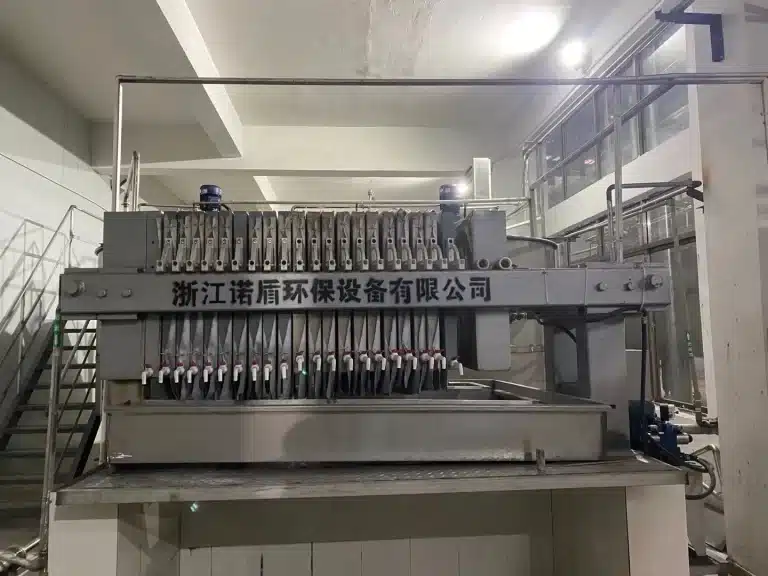
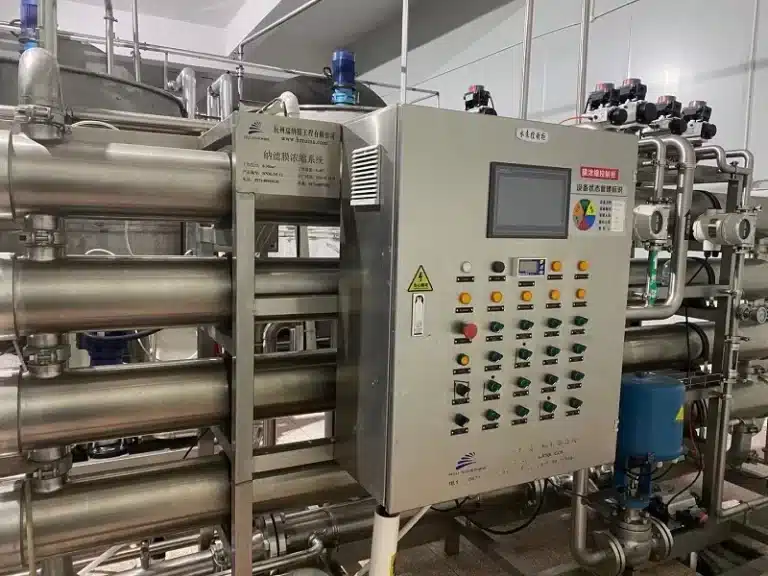
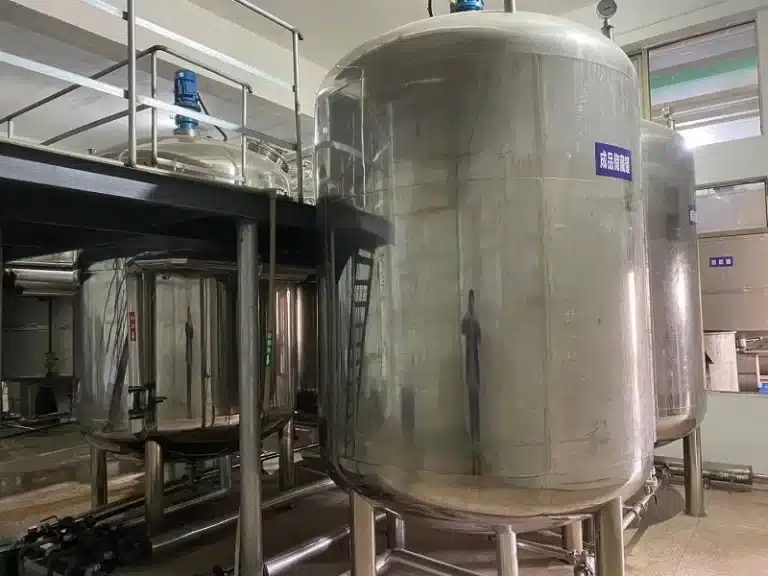
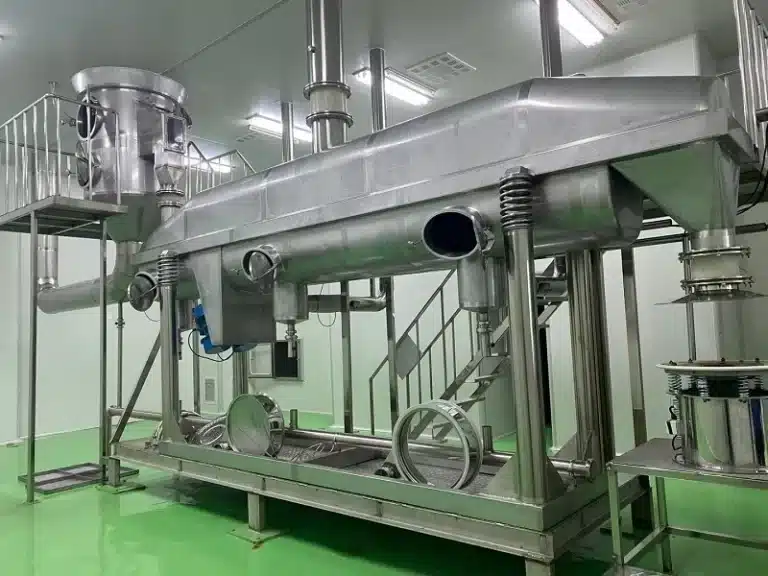






FAQs
Vitamin A acetate is a synthetic form of vitamin A (retinol) that is stable and widely used in dietary supplements, fortified foods, and cosmetic products to provide the benefits of vitamin A.
Yes, vitamin a acetate is generally recognized as safe (GRAS) for consumption when used within recommended dosage levels. Like all vitamins, excessive intake can lead to adverse effects, so adherence to guidelines is important.
The primary vitamin a acetate benefits include supporting healthy vision, boosting immune function, promoting healthy skin cell growth and appearance, and contributing to proper growth and development.
Vitamin a acetate in food is commonly used for fortification, where it is added to products like milk, cereals, and margarine to enhance their nutritional value and help prevent vitamin A deficiencies.
High-purity vitamin a acetate powder typically has a very faint, almost undetectable taste and odor, making it suitable for incorporation into various food and supplement formulations without affecting flavor.
Retinol is the alcohol form of vitamin A, while vitamin A acetate is an ester form. Vitamin A acetate is more stable than retinol, making it a preferred choice for many commercial applications due to its longer shelf life.
Absolutely. Vitamin A acetate is a popular ingredient in skincare products due to its ability to promote skin cell turnover, reduce the appearance of wrinkles, and improve overall skin texture and tone, providing significant vitamin a acetate benefits for the skin.
The shelf life of vitamin a acetate powder typically ranges from 24 to 36 months when stored properly in a cool, dry place away from light and oxygen.
Products containing vitamin a acetate may have specific dietary considerations, especially for pregnant women or individuals with certain medical conditions, due to the potential for excessive vitamin A intake. Always consult with a healthcare professional.
When sourcing vitamin a acetate powder, look for certifications such as ISO, GMP (Good Manufacturing Practices), Kosher, and Halal, which indicate adherence to high-quality and safety standards in its manufacturing.

